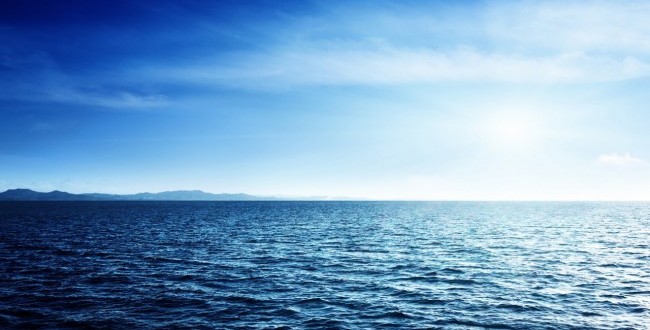Scientists have discovered huge reserves of freshwater beneath the oceans kilometres out to sea, providing new opportunities to stave off a looming global water crisis.
A new study, published in the international scientific journal Nature, reveals that an estimated half a million cubic kilometres of low-salinity water are buried beneath the seabed on continental shelves around the world.
It sounds strange to find freshwater under the salty ocean depths. However, researchers claim to have found 500,000 cubic km of low-salinity water hidden beneath the seabed on the continental shelves around the globe.
The scientists claim that the fresh water has been discovered off Australia, China, North America, and South Africa. According to one of the researchers that discovered the fresh water, the volume of water found is a hundred times greater than the volume of water extracted from the sub-surface of the Earth since 1900.
Previously it was believed that freshwater aquifers under the seafloor only happened under special circumstances. The new research suggests that fresh water is common under the seafloor. The team says that these massive freshwater reserves were developed over hundreds of thousands of years when the average sea level was much lower than it is now. The freshwater was shielded from the salty ocean water by layers of clay and sediment.
 Canada Journal – News of the World Articles and videos to bring you the biggest Canadian news stories from across the country every day
Canada Journal – News of the World Articles and videos to bring you the biggest Canadian news stories from across the country every day



